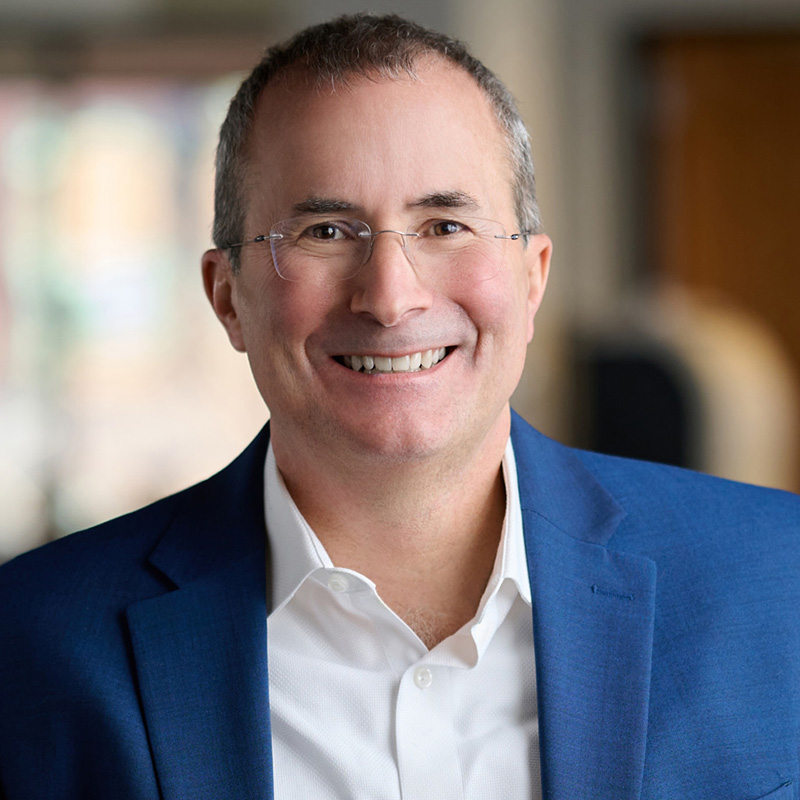
People in the news media are very used to being disliked. It seems that anyone who feels strongly about an issue also carries a gut belief that “the media” is biased against them. Donald Trump has been blasting journalists for their supposed unfair treatment – along with their kid gloves treatment of Hillary Clinton and her email scandal (among many other things). At the same time, there has been a vast chorus of voices on the other side proclaiming that the media has “made” Donald Trump by giving him too much free coverage on too easy terms, and done the bidding of conservative interests by focusing too much attention on an inconsequential email misfire. Even Bernie Sanders got into the act when he said to Secretary Clinton: “the American people are sick and tired of hearing about your damn emails!”
Does the media downplay the impacts of global warming by giving voice to skeptics, or does it fan the flames of environmental catastrophizing by tying every single bad weather event to global warming? Is there too much coverage of suffering around the world, or too little of suffering here at home? And why is it always bad news all the time? Can’t we get some good news every once in a while? Why is there so little coverage of complicated, long-term problems like fiscal deficits and the deterioration of our nation’s infrastructure? And shouldn’t there be more coverage about how the Little Guy is getting screwed over by The Man every day?
Being almost universally criticized certainly doesn’t bother me, and it is appropriately a point of pride within the industry. After all, if both sides are mad at you then you must be doing something right. I actually think the bigger problem is that all of these criticisms are based upon a conceit that may not be true. Namely, when you criticize the news media you also assume that “If we only gave people The Facts, then they would obviously do the right thing.” But what if that isn’t close to true anymore? What if there are a large number of people who are more interested in belief than facts. Paraphrasing Daniel Patrick Moynihan, what is the role of the media when large segments of the public feel “entitled to their own facts”?
In December, The Washington Post closed down its column dedicated to exposing falsehoods and scams on the internet. It certainly did not do this because truth had won out and there was nothing left to reveal. To the contrary, as Caitlin Dewey says in her piece, “institutional distrust is so high right now, and cognitive bias so strong always, that the people who fall for hoax news stories are frequently only interested in consuming information that conforms with their views — even when it’s demonstrably fake.”
I actually think that my members – who are the heart of the digital and print news media – do an extraordinary job of uncovering and explaining facts. Yes, there are biases in all human endeavors. (My personal pet peeve is when reductions in future spending increases are called “cuts”.) But just about everything you know about Trump University, Trump in Atlantic City, Clinton’s emails, global warming, income inequality, suffering the Middle East, etc., etc. has originally come from digital and print news media journalism. When someone claims that the news media implicitly supports Trump, I wish they would also acknowledge that everything they dislike about Trump was originally revealed through news media coverage!
It may be hard to accept, but if you disagree with some group of people, the reason might not be because the media didn’t give those people the facts. It’s not all our fault … really! People might not agree with your facts or, more importantly, they just might not care. Tribalism is based upon belief and identity, not facts.
As we move into what might be the most contentious Presidential election in generations, I would hope that we could begin to acknowledge that, as a people, we are developing a serious problem with the triumph of belief over facts. More importantly, if we are going to address any of the major problems of the day, we also need to begin to trust each other a little more and let actual facts lead the way.

David Chavern is former President & CEO of the News/Media Alliance. Chavern has 30 years of experience in executive strategic and operational roles. Prior to the Alliance, he completed a decade-long tenure at the U.S. Chamber of Commerce.

